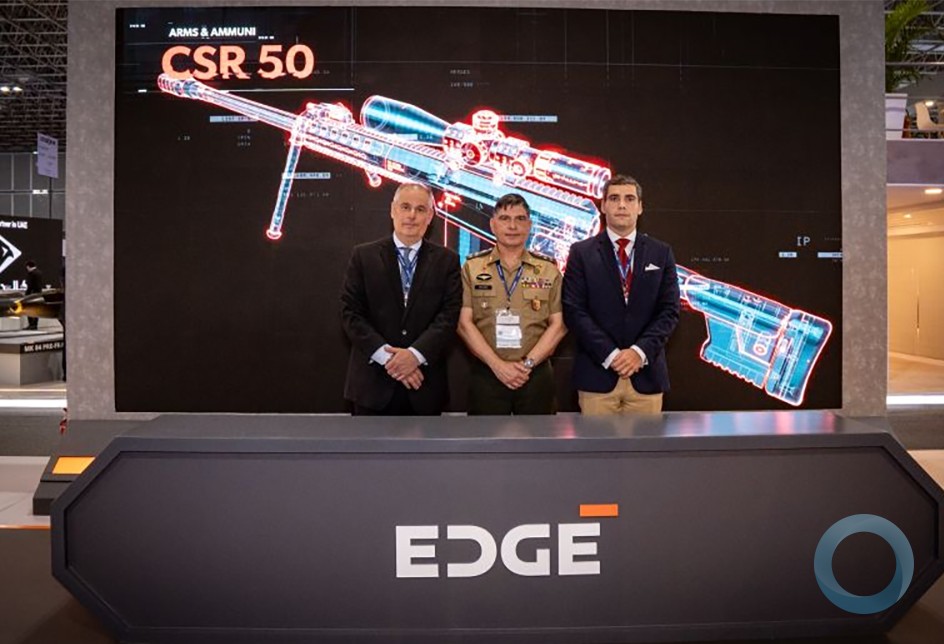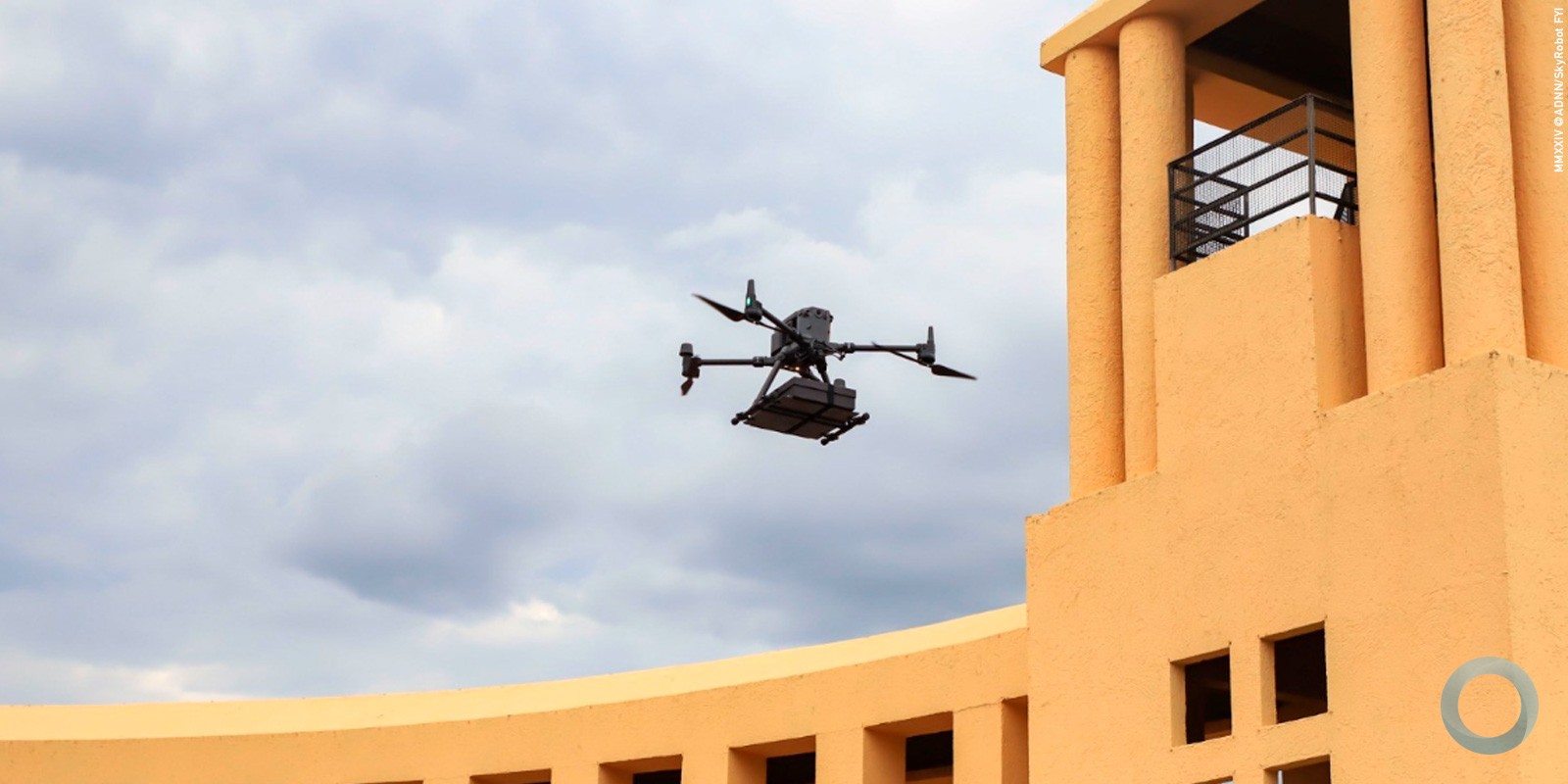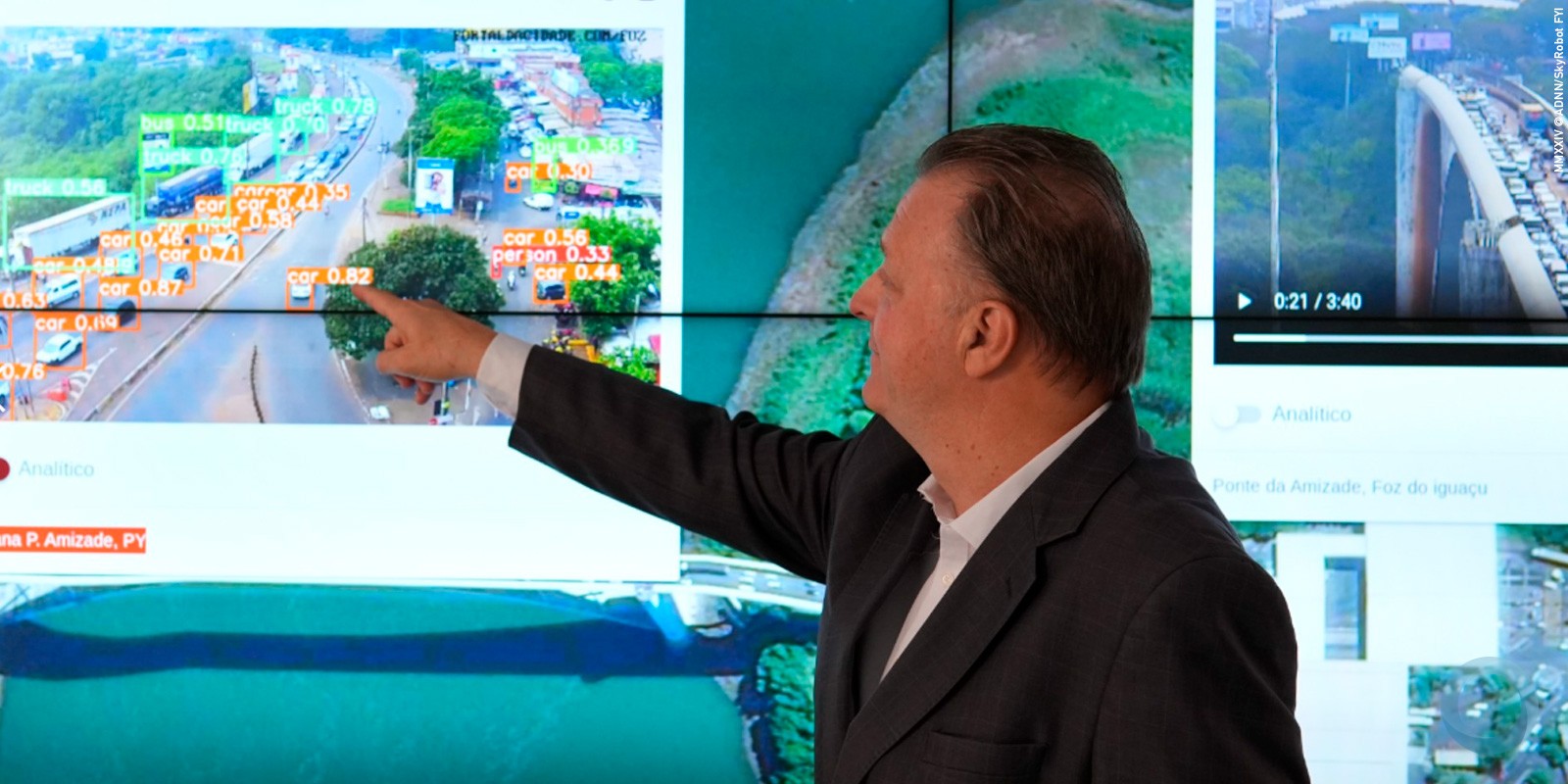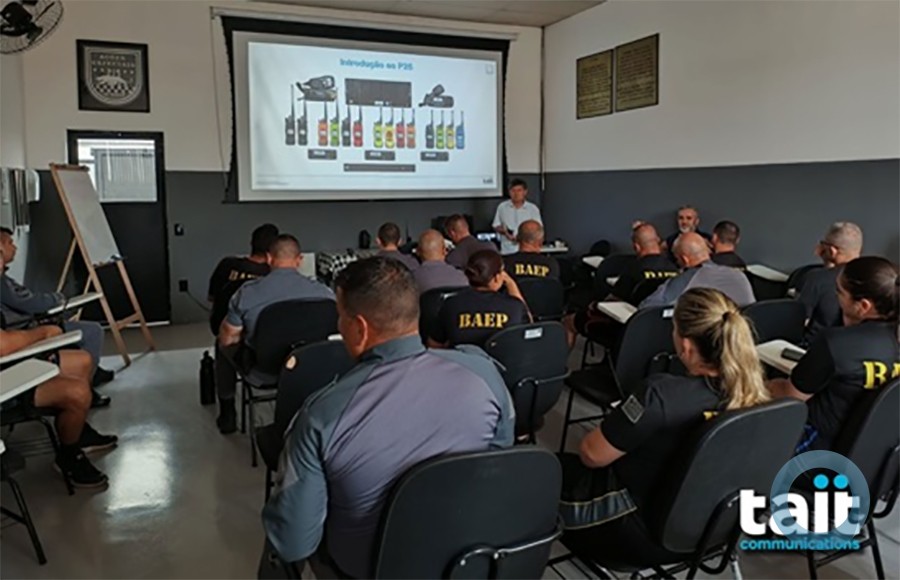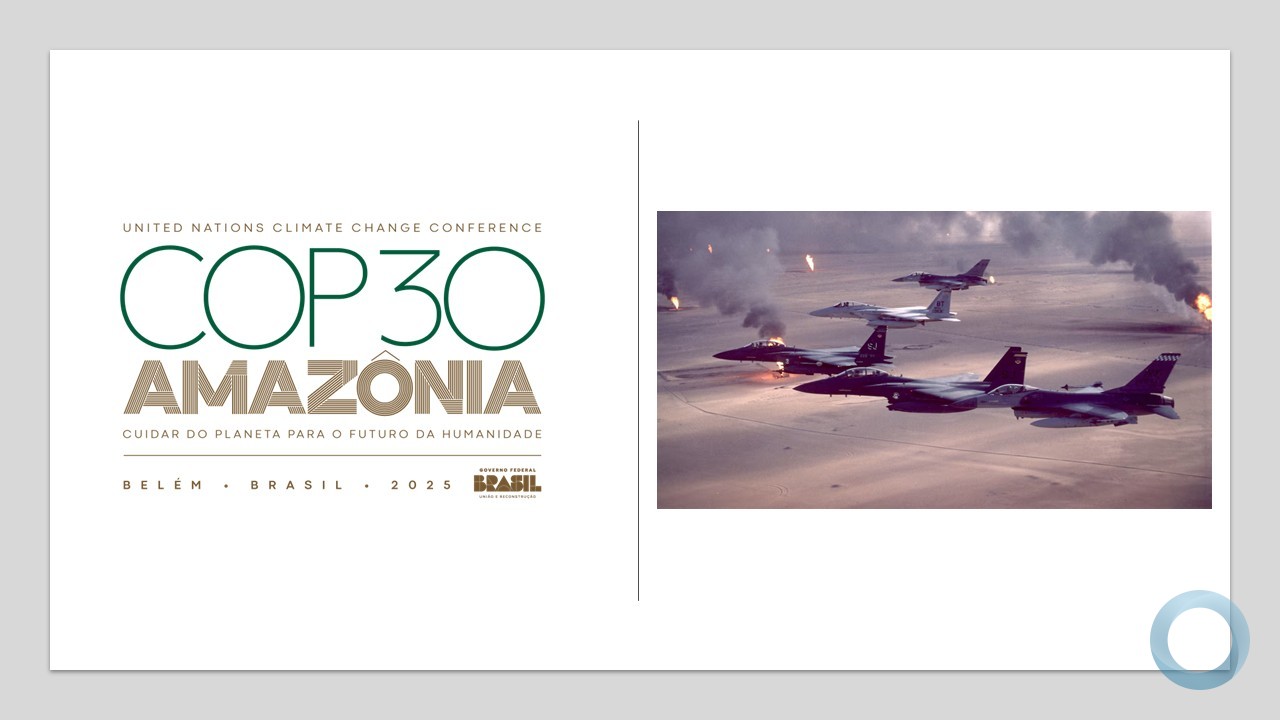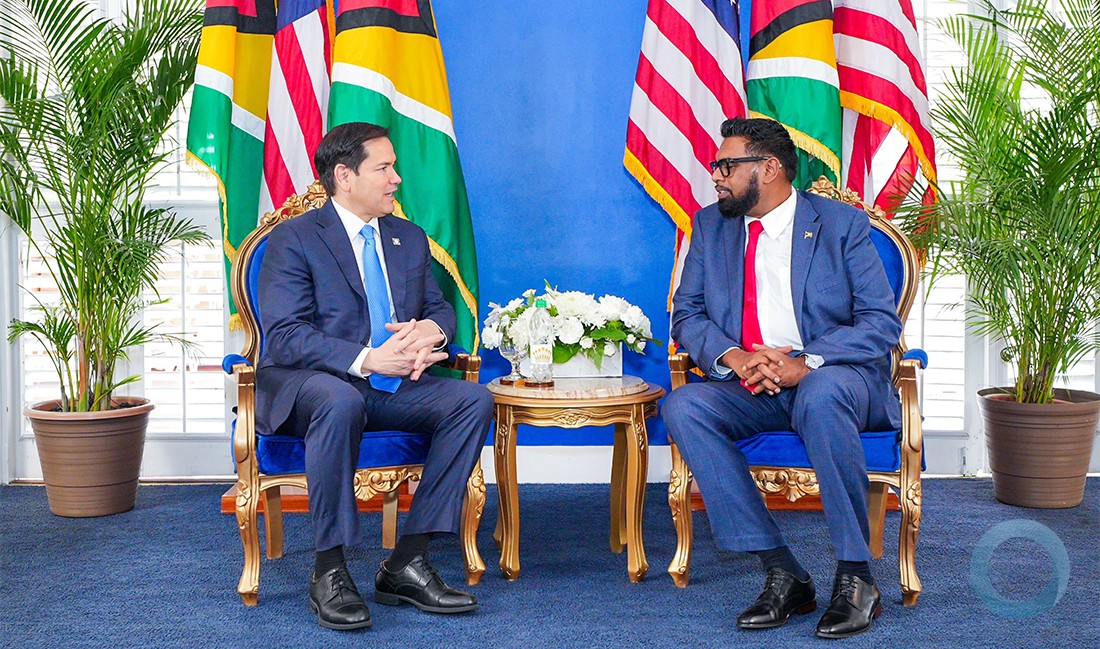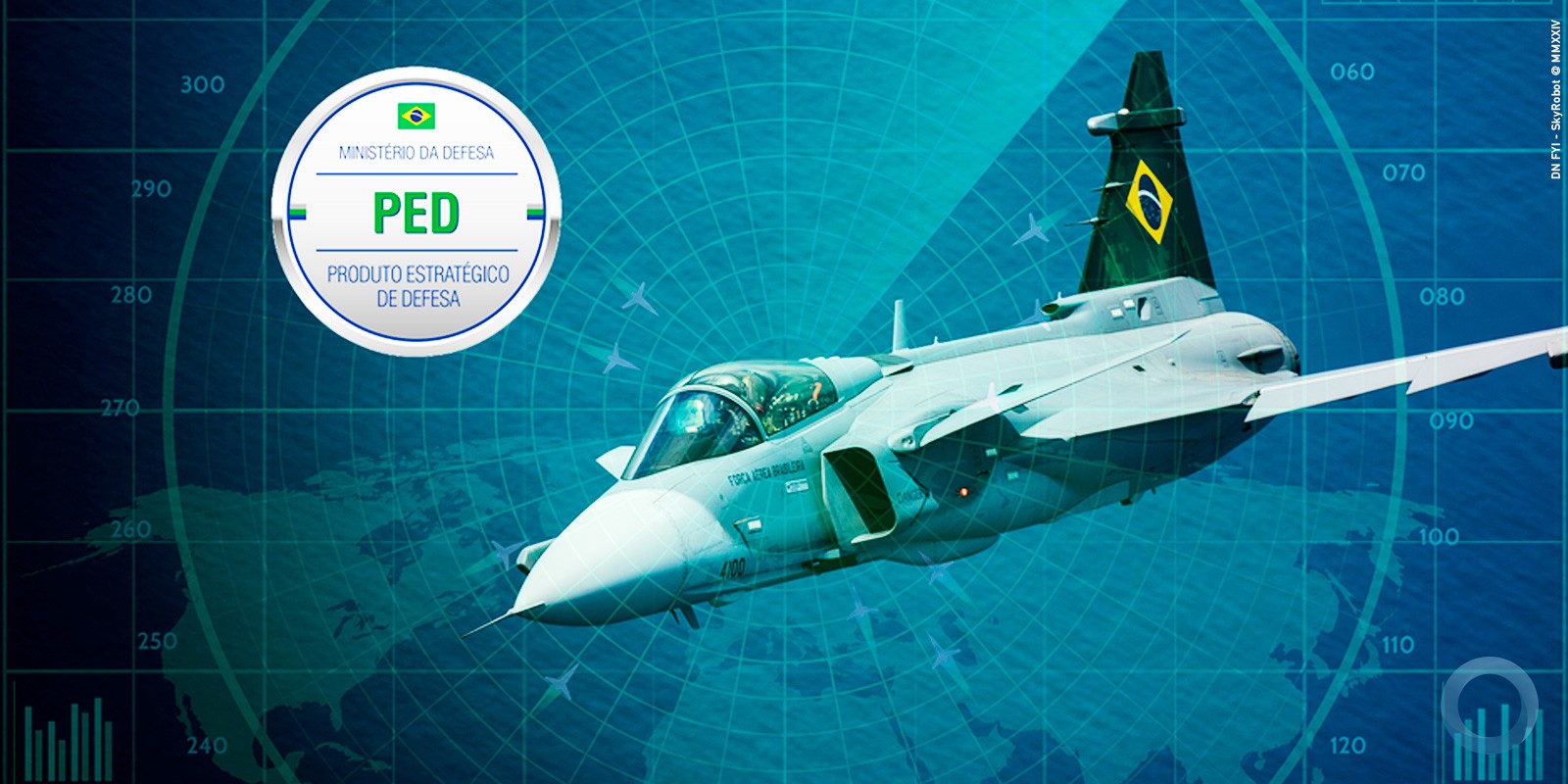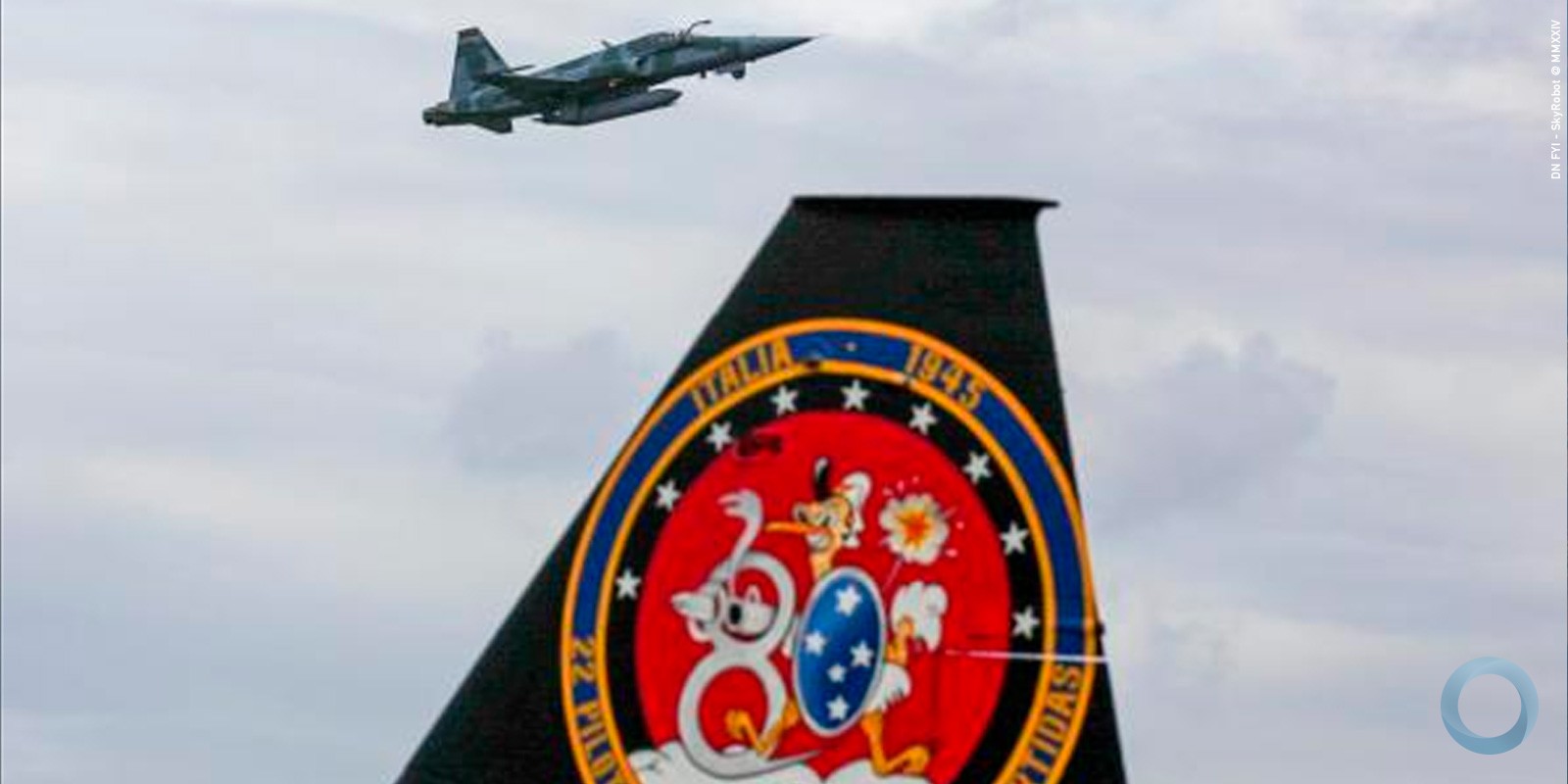US Secretary of Defense James Mattis
BRAZIL’S ESCOLA SUPERIOR DE GUERRA
Rio de Janeiro, 14 August 2018
(As delivered)
Portuguese translation available Link
MC: Present in the auditorium, His Excellence James Norman Mattis, U.S. Secretary of Defense, accompanied by His Excellence Army General Décio Luis Schons, Commander of the Brazilian War College, and military officers.
General Schons: Good morning, everyone, ladies and gentlemen. It’s for me an honor to welcome General Jim Mattis, United States Secretary of Defense at this Brazilian War College, which was founded 69 years ago. So we have a long history of cooperation and friendship.
General Mattis, we are excited – and more than that – we are thrilled with the prospect of listening to your remarks and learning from your experiences, not only because of the high position that you occupy on the hierarchy of your government, but, General, for the examples that you, as a marine, as a military man, and as a soldier, has been to set to all of us – to your countrymen and to all of us, men in uniform and civilians who dedicate our lives to service of our countries.
So, we are here to listen to your words and not to mine. So, I take this opportunity, once again, to thank you for dedicating these moments, these hours of your precious time to be here with us. This is the finest hour of our 2018 school year.
Thank you, General Mattis.
MC: We register the presence of Fleet Admiral Leonardo Puntel, Director-General of Navigation, and other military officers.
Good morning, Mr. Jim Mattis. I present Mr. Jim Mattis, United States Secretary of Defense.
(…)
Welcome to the Brazilian War College.
Secretary of Defense Mattis: Well, thank you for the most warm welcome I’ve received anywhere that I’ve been. But I would also like to thank you – the military officers and the students here – for taking time out of your schedules for me to address you. And it’s really great to be in beautiful Rio. It is a city that is older than my country, but most of all, to be here in an institution that is steeped in traditions of valor, academic excellence and service to your country.
And I think that you’ve been admired in the United States for many years – this school. I was talking earlier to General Schons that I’m going to four different schools. One in NATO, Rome, one in Canberra, one in Singapore and here because I am also trying to learn how to adapt our curriculum and either one the four schools that I’ve selected to learn from and this is one of those four.
And it’s also interesting that just yesterday it was recognized as a top university in the professional military realm. This is a wonderful opportunity this year for you students to reflect on your passion, on your profession. It’s a chance to learn from each other – we call it “iron sharpening iron” as you learn from others around you what they have learned over so many years of service. At your War College, you forge lasting relationships across your services, across your militaries, and certainly across the four international nations that are represented here. We are proud to be one of those four, alongside Peru, Mexico, and Pakistan. I would just tell that there is no place that I am more eager to spend time than among young officers who are trying to improve themselves and to be at the top of their game. And your country, your armed forces expect you to emerge from this school sharper for your time here – physically more fit, mentally sharper, and spiritually stronger as a result of the commitment of giving you this time. So I hope my words today, for a few minutes with you, can be of value to you and certainly help give you a chance to ask me questions at the end of this talk.
I come before you here in Brazil actually on behalf of my successors, with all respect for our past, but knowing my successors in the future will hopefully benefit from the exchange of ideas that you and I have here today. I am also here to acknowledge our shared values and to continue making down payments on our shared destiny as fellow Americans and the hemisphere’s two largest democracies, and as defenders of our inter-American values: the defense of democracy; the respect for fundamental human rights; the rule of law; and peace in our hemisphere and globally – and that’s been manifested by Brazilian leadership from the waters of Lebanon to the central African republic, for your military leadership is noted around the world among professional militaries.
These values we protect find elegant yet concise expression in Article I of the Inter-American Democratic Charter. And it reads: “the peoples of the Americas have a right to democracy and their governments have an obligation to promote and defend it.” And you highly selected officers here at this war college are the human manifestation of those words, demonstrated by your ethical performance of duty that earned you a coveted seat in this highly respected institution.
So why do I, a sitting American secretary of defense recite Article I at a premier hemispheric war college? It is because each of you is a leader, whether in the military, or law, finance, medicine. You wouldn’t have been selected for this superior school otherwise. And you will decide how we will defend the right to democracy in the future. You will make those decisions long after myself, my counterparts, after we leave office, it will be riding on your young shoulders. And you’re all young compared to me.
I would say too that those of us who have achieved modest success in our line of work, we owe this to you. This is not a favor for me to come here. We owe to you to tell you what we learned along the way, how we dealt successfully or unsuccessfully with the challenges we’ve faced.
The U.S. is thinking long-term in Latin America – in Brazil, we’ve recognized the success and security of future generations depends on how well we, together, build trust at every level with our western hemisphere allies and our partners today. We look to the future; we must build on trust today. The United States seeks to earn your trust daily; we want to be your partner of choice, especially if trouble looms – when refugee flows across your borders must be addressed, when a shipping disaster happens in a South American navy and a submarine goes down, when threats to your sovereignty or way of life manifest.
So let me close the gaps between us by briefly sharing my background: I am a son of the American west. I grew up in a small town on the banks of the Columbia River, a river that played an outsize role in my region like the Amazon plays in Brazil.
I was raised by the Greatest Generation – that’s what we call those who served in World War II. That’s the same generation that fought beside the Brazilian Expeditionary Force at Monte Castello; those are the same North Americans that flew alongside your fighter pilots in P-47 Thunderbolts; our sailors who hunted German U-boats with you in the Atlantic, where the Brazilian Navy escorted more than 3,000 ships – and lost only three, a stunning achievement in itself. In the U.S. military, we don’t forget our debt to you when the chips were down and you stood strong beside us.
Our native languages may differ, but four decades of military service has persuaded me that the profession of arms has a language of its own and a way of turning strangers into family. In the words of minister Silva e Luna, “as soldiers we have the same identity.” So while you and I do not know each other personally, I do know your character for you have chosen a path defined by discipline and danger in service to the nation you love and the principles we share – protecting your people by standing beside principles which underpin a prosperous, collaborative, and a secure hemisphere.
Let me share with you today the U.S. Defense Department contribution to this joint responsibility and offer some thoughts to you younger officers.
My formal, assigned responsibility is, pretty much as you know it, to advise my elected commander-in-chief on the use of force, providing him military options should deterrence fail. I also maintain relations with my counterparts, ministers of defense around the world, and certainly I provide active oversight – civilian oversight – of the military operations in areas like Syria and Afghanistan. Do you know what my real job is? My real job is to try to keep the peace for one more year, one more month, one more week, one more day while the diplomats try to work out a solution to very difficult problems. In terms of the actual Department of Defense’s priorities that I’ve assigned to military officers and my civilian staff, I basically have only three lines of effort. First, increase the lethality of the U.S. military. I want any adversary to know they are much better off to deal with our Secretary of State and our diplomats.
They do not want to deal with me and my soldiers, sailors, airmen, and marines. In an imperfect world, we in the military must maintain ethical control of our use of violence on a battlefield. We must never forget that every battlefield is also a humanitarian field of innocent people. Secondly, I want to make certain we strengthen and broaden our relationships with allies. And it’s very simple. Nations with allies thrive; nations without allies do not survive. So, my mind is very clear on this. My third priority line of effort is to reform our business practices inside the Department of Defense so I can maintain accountability of the public dollars, not corruption, and be able to look our Congress in the eye and say I honestly spent every penny of our Treasury that we took out of the pockets of the American taxpayers. I’ve got to maintain the managerial integrity of those processes.
I’m going to, today, focus mostly on our second priority for obvious reasons, when I speak about the role of allies. Because history is compelling to me and it is this historical appreciation that every nation needs allies that draws me to your country today and underpins much of what I do every day. Next month, by the way, I’ll be in Asia talking to our allies, and the month after I’ll be in Europe. It’s a constant effort. This is not something you turn on one day, walk in, make a speech, walk out, and forget about it. It must be sustained and it can only be sustained with maximum effort. It is not something that just happens.
I bring this up because in my four decades of military service, I had the privilege to fight many times for the United States; not in one occasion did I fight in a solely American formation. It was always in coalitions – that is, multi-national efforts. This is hard work, and Winston Churchill said it best: “That the only thing harder than fighting with allies is fighting without allies.”
So, when speaking with senior U.S. officers, I tell them they must learn to build harmony. If they cannot build trust across national lines, across military lines, joint service lines, civilian-military lines, if they cannot build trust and build harmony of operations, then their leadership at high rank is obsolete, and they must go home for I have no use of them.
I also tell them they must be willing not just to listen to other nations’ officers. I am not interested in my officers just listening to other nations and then going on about their businesses. I want them to be willing to be persuaded by others who grew up in different cultures and have different ideas. The way I put it to them in the usual blunt military style, I remind them not all good ideas come from the nation with the most aircraft carriers.
I learned this as a young second lieutenant in 1972, going through basic officer training in Quantico, Virginia. In that 50 Lieutenants Platoon we had one Brazilian marine first lieutenant. And by the second month of our eight-month classes there, learning how to be young officers, he was giving us classes in riverine operations, from patrolling to logistic support to setting up patrol bases, to intelligence gathering, and thus did my earliest service in the Marines show me the extraordinary value of allies and what they bring to any venue.
We remain today focused on strengthening our military-to-military relationships because we seek a collaborative, prosperous, and secure hemisphere – one where we individually and collectively maintain situational awareness in all domains: air, land, sea, certainly in outer space today, and cyberspace. It’s a time when we share information about our environment with our neighbors; It’s a hemisphere where where we address national, regional, and hemispheric priorities together, confident in each other that we can meet future surprises, be they threats from state actors, non-state actors, even mother nature, or any other opponent that might threaten the well-being of our citizens that you and I are sworn to protect.
I am confident in this vision because of the work our militaries are doing together.
Last month, U.S. Chief of Naval Operations Admiral Richardson was in Colombia for the Inter-American Naval Conference to listen to and discuss the role and the responsibility of our navies against drug trafficking and illicit networks. And it was followed by a visit to Brazil to meet Admiral Leal Ferreira and the navy staff. Next month, our navies will train side-by-side to operationalize those concepts when Colombia hosts UNITAS, the world’s longest-running annual multinational maritime exercise, because our relationships extend far beyond counter-narcotics, we are building bridges – broader bridges, and stronger bridges of trust between our peoples.
For 22 years, the U.S. and Chilean troops have trained side-by-side in the Rim of the Pacific exercises. And this year, Chile became the first Latin American nation to serve as a combined forces maritime component commander for the exercise. They will also host the Southern Star exercise this month. And so we see this as well-deserved, natural maturation of shared leadership with our comrades-in-arms.
And this brings me back here to Brazil: in April, I picked up the phone and heard Minister Silva e Luna’s voice on the other end. We spoke for a time. He talked at some length as I hoped he would have about what his vision was and I listened. And then we spoke some more. When our call ended, I directed my staff to transform our defense relationship with Brazil – to reenergize it – building on the solid foundation that we already have, but remembered that human relations never stay the same. They either get stronger or weaker. They do not stay the same. And I am committed to a stronger relationship. I am personally committed to this work and, what is more, our nations’ purposeful strategic interests are aligned with it. We don’t have to search for common ground. The common ground is there.
Together, we seek to strengthen a cooperative, strategic partnership that is transparent, that is trustworthy, and that is steady because we see a bright future ahead – for Brazil and for our hemisphere. And we are keenly aware of the difficulties you have gone through, political and economic. Every country goes through those at times. We have to keep the faith.
We see this future reflected in Brazil’s demonstrated global leadership, from demining missions in Central and South America to peacekeeping missions in Haiti, Lebanon, and Central Africa. We see this future in your prudent response to Venezuela’s destabilizing actions, when you joined the regional response in the Lima Group and the Organization of American States. And we stand with Brazil and others in the region against this instability that is crossing borders, just as we stand with the people of Venezuela, in the midst of the tragedy that’s been forced on them by a power-hungry, oppressive regime that forces refugees into Brazil, into Colombia, and elsewhere.
In the broader military relationship, we also see future opportunities for advanced research with Brazil, particularly in space. We choose Brazil not because it lies along the equator, a happy accident of geography, but because we want to work with Brazilians, our hemispheric neighbors –whose values we share politically, as well as your impressive technological orientation. Others cannot credibly say the same.
We see the future in a two-way military sales. The U.S. foreign military sales program is second to none and we have the best combat-tested equipment in the world. We believe nations can freely choose to purchase where they wish, and we respect that. After all, friends do not demand you choose among them. America is not looking to make quick cash; we are looking to earn and keep friends, sharing our most combat-proven technology while drawing on your areas of expertise. We believe it is in America’s best interests that your industrial base be internationally competitive.
I mentioned earlier that the passage of time had not erased my military’s recollection of Brazil’s courage in past wars – tough times. It was 76 years ago this month that Brazil declared war on the Axis Powers, well before the Allies landed in North Africa, and in the dark times for the democracies, we were on our backflip.
Even Copacabana Beach was dark – to avoid giving silhouettes to ships entering the harbor and so make easy prey for German U-boats. In such a time, Brazil became the first South American country to send an expeditionary force across the ocean, led by officers who had trained alongside the U.S. Army at Fort Leavenworth, in Kansas.
Those “Febianos” endured 229 days of continuous combat in Italy. I have never in all my wars been through 229 days of sustained combat. At the battle of Monte Castello, the Brazilian division headquarters was shelled for days. When asked if they wanted to move out of range, the commander, General Marscarenhas replied, and I quote him here: “When I move this headquarters, it is going to be forward and not backward.” So, ladies and gentlemen, with respect for that commander’s leadership, that still resonates today, in that same spirit, today, whenever we move our U.S.-Brazil relationship, it will be forward, not backward.
Now, if I can speak to you officers for a moment on a more personal level. When you reach my age, and certainly, the soldier who is here, who is now 91 years old and fought there in Italy, I would just tell you you want to share the things you found helpful. So, a few observations here.
One about defending our people’s “right to democracy,” to keep faith as you deal with human contradictions and natural polarities that exist everywhere in the world. Where I come from in the American west, we have a saying. We say: “Ride for the brand.” It means loyalty only counts, and certainly counts most when there are 100 reasons not to be loyal. You do this daily, by imposing reason over impulse in extremely hard circumstances, and so much rests upon your shoulders in terms of stability in our hemisphere.
For our challenges never come when we’re fully rested. They come when we’re three days without sleep, and the stress that is inherent to our calling strips away the thin veneer of civilization. That’s when you prove your mettle as descendants of those brave souls who stormed Monte Castello, not once, but three times; those Brazilian soldiers who stayed loyal, who kept faith in each other, and who received the first surrender of an entire German division on the Western front; those soldiers who mocked and who saw people doubt them and then sewed patches onto your sleeves – and I think I say this right, General: “A cobra vai fumar” – “the snake will smoke!”
We Americans – and we’re really all Americans here – are ‘forte.’ We are a rowdy bunch and always have been. We have fought fiercely for our freedoms and that spirit lives from my hometown on the Columbia River to Rio and from Texas rodeos to Brazil’s “gaucho culture.” On that foundation of democracies with shared values and common history of fighting for our freedom, the U.S. military respectfully seeks to work side-by-side with Brazil and with Brazil’s neighbors to build a future together, one that shares all the benefits of living in our great hemisphere. It should be an island, an island of democracy and prosperity in an unstable world. Our hemisphere should show the way, and be a model.
So, thank you for hearing me out this morning. Now, in the finest tradition of the Escola Superior, I would like to address a couple questions you sent me in advance but also, with the translator’s help, take some questions directly from you.
Video fo Secretary of Defense James Mattis at ESG.








